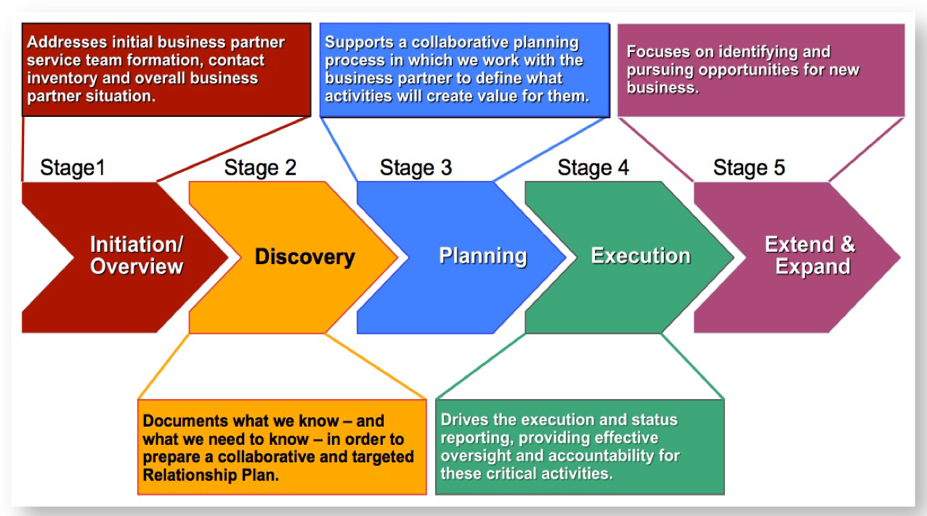Your Organization Isn’t Unique. Here’s What Is.

Don’t worry. The news gets better from here.
In every Business Partner interview, course, and consulting engagement that I’ve participated in, there’s always a moment when someone on the other side of a conversation says, “But Derek, you don’t understand! We’re unique here.” (Or “special,” “different,” you name it, I’ve heard it).
Guess what? You might be unique, but not as unique as you think you are.
Just like animals, there are different “species” of organizations that have evolved, making various adaptations now evident. For instance, a manufacturing organization has different working relationships than a university or healthcare organization—the factory floor personnel in a manufacturing organization gets directions on what to do, how to use techniques, etc. On the other hand, university faculty members typically have more control over their activities, while it’s the administration that often has less overall control.
Ultimately, there will be differences in the relationships within these organizations, which means that the behavior and positioning of a BRM depends on the “species” of the organization they partner with.
What changed my perspective on uniqueness?
I too used to be in the “We’re unique!” camp. In the past few years, though, I’ve begun to adjust my perspective after having had the privilege to travel globally for personal, educational, and professional reasons. Aside from some cultural differences, I’ve found that our competitive advantage comes not from the type of work we do, the business processes we have in place, or our brand…but rather from the quality and connectedness of relationships that exist between the different individuals involved in the value chain.
In other words: a true BRM organizational capability.
In that case, what should you, the BRM, do?
As a BRM, you can start to coach and educate others in the application of various tools regardless of your certifications. The first tool that comes to mind is the Strategic Relationship Management Process and associated techniques.
Our competitive advantage comes not from the type of work we do, the business processes we have in place, or our brand…but rather from the quality and connectedness of relationships that exist between the different individuals involved in the value chain.

The Strategic Management Process
What needs to change?
I want to challenge BRMs across the globe to expand their thinking and start considering the value potential that exists within their organizations. This value potential could be unlocked by improving relationships across the enterprise—not just with individual Business Partners.
The Strategic Relationship Management Process is an excellent starting point, as it can be used as a collaborative tool to guide discussions, or even a way to improve existing relationships. However, make sure to remember that all of these tools are dialogic in nature, and that the resulting conversation and collaboration is far more important than having perfect outputs like diagrams and slide presentations.
The challenge?
Your organization isn’t as unique as you think it is. Embrace this. Now you can open your mind to seeing how the BRM tools and techniques adapt to your situation.
At the same time, you are at least a little bit unique. Use this as a way to achieve your goals and objectives.
Ultimately, what’s really unique here is the way you as a BRM and leader of a BRM capability optimize the value chain.
Need help?
My colleagues and I at Instrumental BRM would be pleased to discuss what exactly makes you unique, and help you tailor any of our services to meet your needs. In particular, we love to deliver onsite BRM courses and have also seen dramatic results with our Value Management Workshops. I also recommend that you reach out and participate with your BRM family on the BRM Institute Online Campus.
At the end of the day, we’re a global community that is eager and committed to helping each other. I look forward to you telling me exactly how unique you really are!
Derek Storbakken is the Chief Examiner for the BRM Qualification Scheme (BRMP/CBRM) on behalf of BRM Institute/APMG and is also a Senior Consultant and Trainer for Instrumental BRM. He has over ten years of experience alternating between the roles of business partner, provider, and consultant. Derek has provided assistance to organizations all over the world looking to improve BRM role and organizational capability, service management, and governance.
You can contact Derek at [email protected].
You soon realize how common our organisations are when you talk to other BRMs around the globe at the BRM Connect events, it really is eye opening to see that an organisation on the other side of the world in a different sector can have the exact same issues as you. The good news is the solutions can often be shared as well!
Jeremy, you are exactly right! The more I get plugged into the community, the more I find so many experienced experts with the exact same issues that I have seen in the field. As a community, we really owe it to ourselves to make these conversations and connections happen.